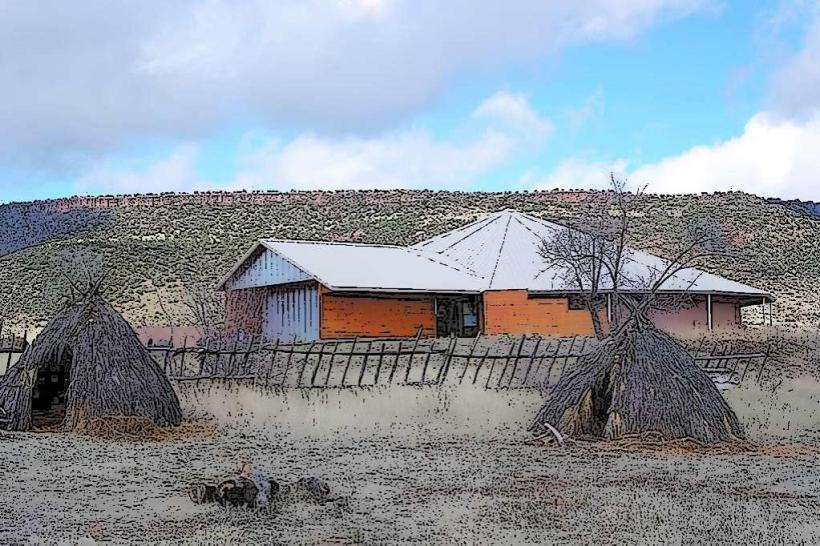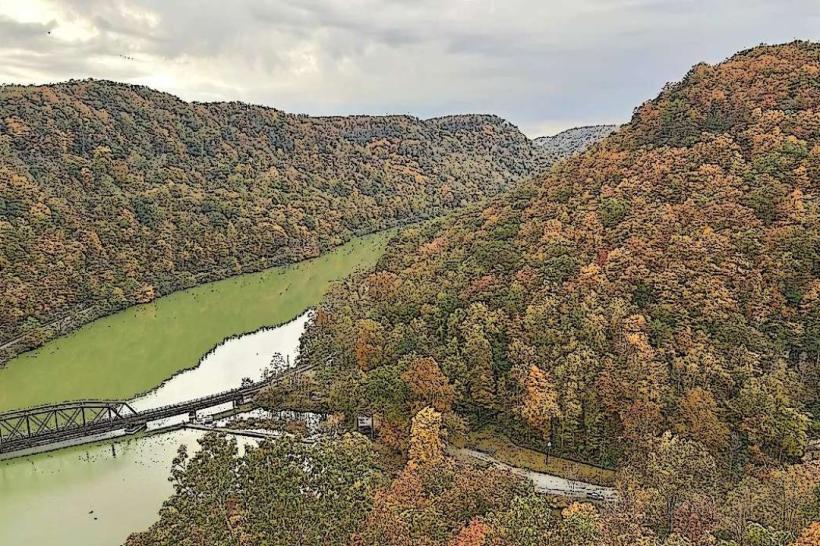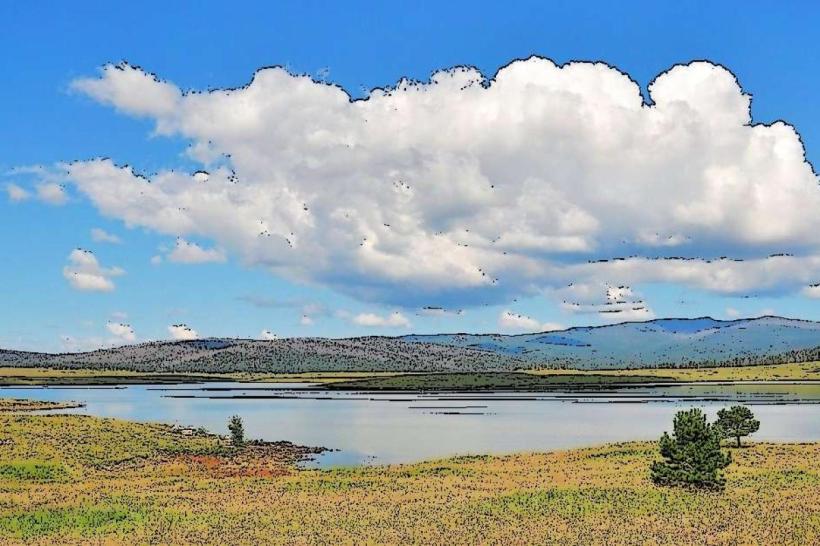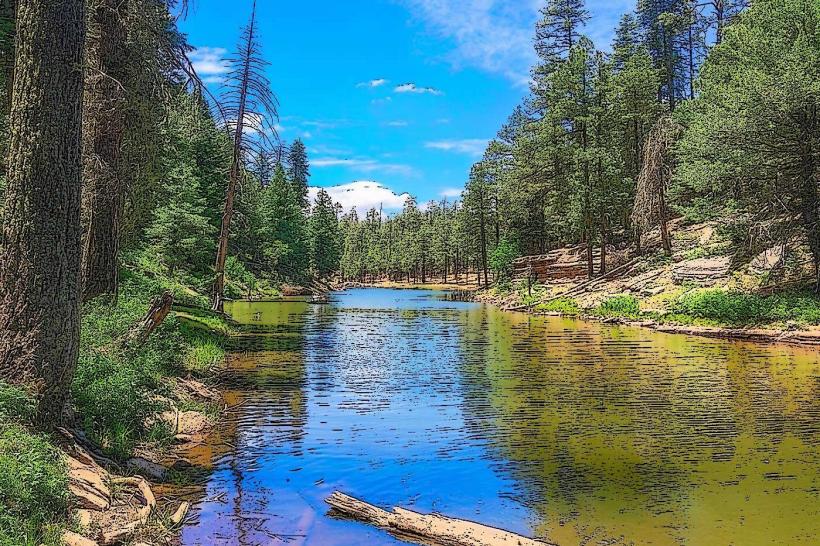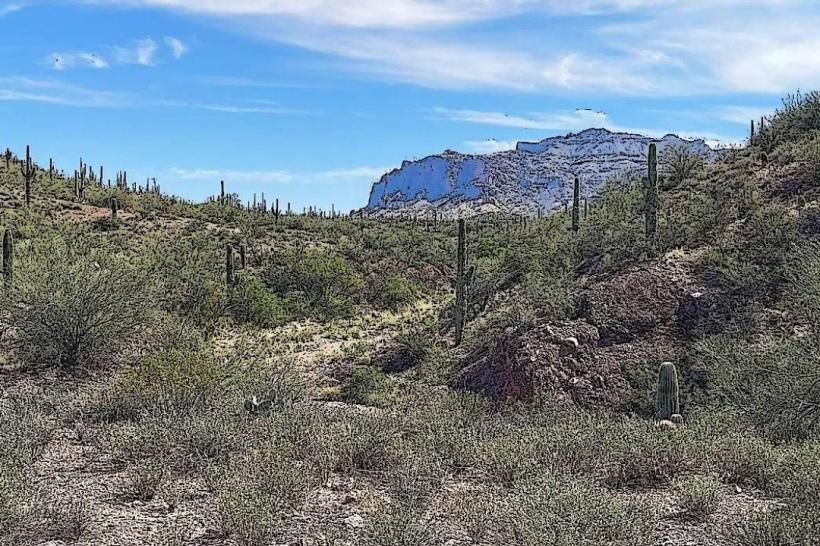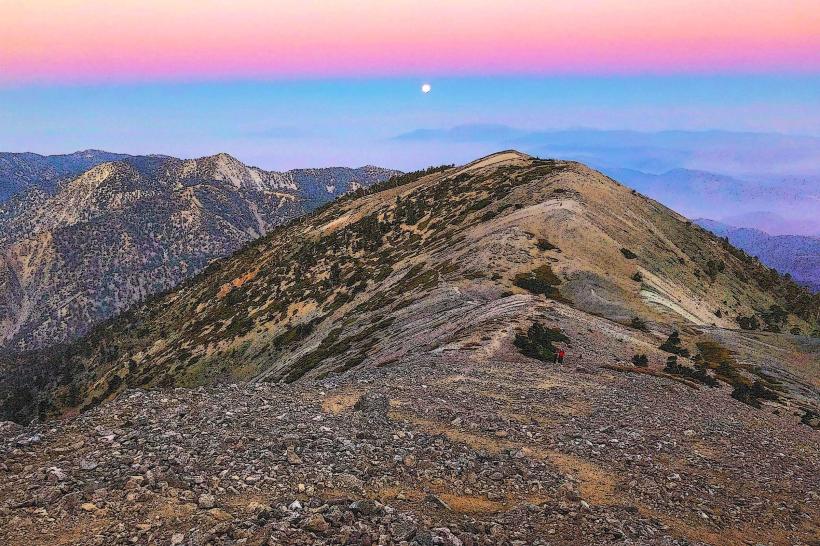Information
Landmark: Escudilla MountainCity: Eagar
Country: USA Arizona
Continent: North America
Escudilla Mountain, Eagar, USA Arizona, North America
Escudilla Mountain – Detailed Overview
Geographic and Physical Features
Escudilla Mountain is a prominent peak located in the White Mountains of eastern Arizona, close to the border with New Mexico. At an elevation of 10,912 feet (3,326 meters), it ranks as the third-highest mountain in Arizona, following Humphreys Peak and Agassiz Peak. The name "Escudilla" is derived from Spanish, meaning "large cup" or "bowl," which aptly describes the mountain’s distinctive rounded, bowl-like summit area.
The mountain lies within the Escudilla Wilderness, a federally designated wilderness area that spans roughly 11,000 acres. This wilderness is managed by the Apache-Sitgreaves National Forest and is characterized by rugged terrain, dense forests, and diverse ecosystems typical of high-elevation environments in the Southwest.
Ecology and Environment
Escudilla Mountain and the surrounding wilderness are home to a rich variety of flora and fauna:
Vegetation: The mountain is heavily forested, primarily with mixed conifer species including ponderosa pine, Douglas fir, white fir, and quaking aspen. The higher elevations also support alpine meadows with wildflowers in the spring and summer months.
Wildlife: The area supports diverse wildlife populations such as black bears, elk, mule deer, mountain lions, and smaller mammals like squirrels and foxes. Notably, Escudilla is part of the habitat for the Mexican gray wolf reintroduction program, which aims to restore this endangered subspecies to its historical range.
The 2011 Wallow Fire
One of the most significant recent events affecting Escudilla Mountain was the Wallow Fire of June 2011, which burned approximately 538,000 acres across eastern Arizona and western New Mexico. Escudilla Mountain was among the hardest-hit areas, with large portions of its forests severely damaged or destroyed.
The fire dramatically altered the landscape, leading to widespread tree mortality, soil changes, and habitat disruption. However, the post-fire environment has since become a critical area for ecological recovery and study, as new growth emerges and wildlife adapts. This event serves as a reminder of the dynamic nature of mountain ecosystems and the importance of forest management.
Recreational Opportunities
Escudilla Mountain is a popular destination for outdoor enthusiasts seeking scenic hiking and nature experiences in a relatively remote setting.
Escudilla National Recreation Trail (#308):
This is the primary hiking route to the summit, stretching roughly 3 miles one-way (6 miles round trip) with an elevation gain of about 1,300 feet. The trail begins near Forest Road 56, approximately 5.5 miles north of Alpine, Arizona.
The trail passes through lush aspen groves and mixed conifer forests, opening into subalpine meadows near the summit. Hikers are rewarded with expansive panoramic views from the top, including distant vistas of New Mexico’s landscapes. The trail is rated moderate difficulty, suitable for hikers with reasonable fitness levels.
Fire Lookout Tower:
At the summit, there is a historic fire lookout tower, which was damaged in the Wallow Fire but remains a notable landmark. The tower offers a vantage point for viewing the surrounding wilderness.
Government Trail:
For more adventurous hikers, the Government Trail branches from the main route and provides access to more remote wilderness areas. It is considered moderately strenuous and is less trafficked.
Visitor Information and Access
Best Time to Visit: Late spring through early fall (May to October) offers the most favorable weather for hiking. Snow can linger into late spring, and winter access may be limited due to snow and road conditions.
Access:
To reach the trailhead, visitors typically drive from Alpine, Arizona, north along US Highway 191, turning onto Forest Road 56. The trailhead parking is located a few miles down this forest road. Because roads can be rough, a high-clearance vehicle is recommended, especially in wet conditions.
Safety Considerations:
Visitors should be prepared for changing weather, carry adequate water and supplies, and be aware of wildlife in the area. After the fire, some trail sections may have loose soil or fallen trees. Checking current trail and weather conditions before hiking is strongly advised.
Conservation and Significance
Escudilla Mountain and its wilderness are vital for conservation efforts, protecting old-growth forests, native species, and watersheds. The area’s rugged beauty and ecological importance attract scientists, conservationists, and outdoor lovers alike.
As part of the Apache-Sitgreaves National Forest, Escudilla contributes to the region’s biodiversity and provides a natural refuge for species impacted by habitat loss elsewhere.
Summary
Escudilla Mountain stands as a majestic natural landmark in Arizona’s White Mountains, offering a blend of ecological diversity, scenic hiking, and wilderness solitude. Its high elevation and bowl-shaped summit are defining characteristics, while its role in the Mexican wolf recovery program and recovery from the devastating Wallow Fire highlight its environmental significance. With accessible trails and dramatic views, Escudilla Mountain is a rewarding destination for hikers, naturalists, and those seeking connection to Arizona’s mountainous landscapes.


